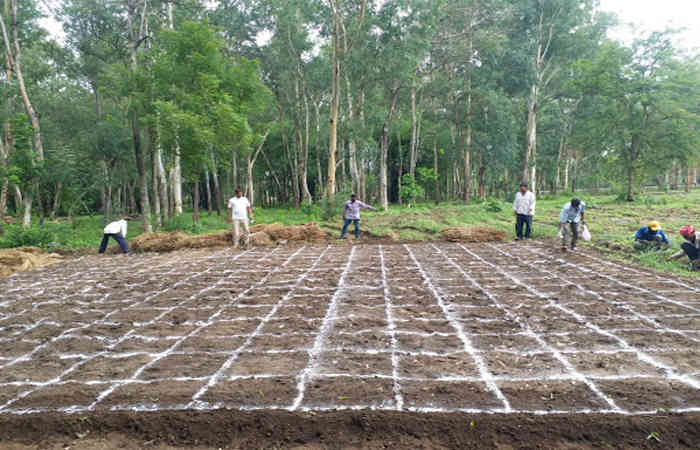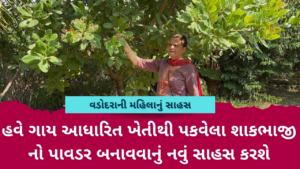The Vadodara Municipal Corporation announced that they would be taking up an afforestation drive to plant roughly 55,000 trees in each of 75 pre-determined plots. As per the statement, different kinds of green spaces would be erected in different city zones, including Nakshatra and Miyawaki types of forestations.
The corporation, with a 1,595 crore grant for the project, aims to achieve its target by 2024/25. Currently, VMC has undertaken plantation by the Miyawaki technique at the Rajiv Nagar Sewage Treatment Plant. Similarly, in each of the four zones, one portion is slated to be allocated to plantation by the Miyawaki technique; VMC surveyed the plots for the same.
The Miyawaki technique, coined by Akira Miyawaki from Japan, is an innovative method to raise forests and green spaces. As per renowned botanists, the method works best to cultivate forests in a short period. While a forest would take 200-300 years to grow conventionally, under Miyawaki, it would take roughly 10-20 years to develop.
In the Miyawaki technique, various native species of plants are planted close to each other so that the greens receive sunlight only from the top and grow upwards than sideways. As a result, the plantation becomes approximately 30 times denser, grows ten times faster, and becomes maintenance-free after three years. However, several environmentalists have questioned the efficacy of the method that accelerates the growth of trees and claims to match a forest’s complex ecosystem.
Last year, the Society for Clean Environment (SOCLEEN) had taken up the project of developing Vadodara’s first Miyawaki forest. The Chawla farm, within four months, had become home to 60 types of native species of 6,500 plants. SOCLEEN’s joint secretary, Arun Arya, said, “Until now, we have noticed an approximately 99% success rate through this technique. Out of every 100 plants that were harvested, 99 plants stand healthy.”
Previously, the Telangana government had introduced the Japanese method of afforestation to grow urban forests, expand the green cover, and meet the stipulated plantation target under the Telanganaku Haritha Haaram (TKHH) program.





